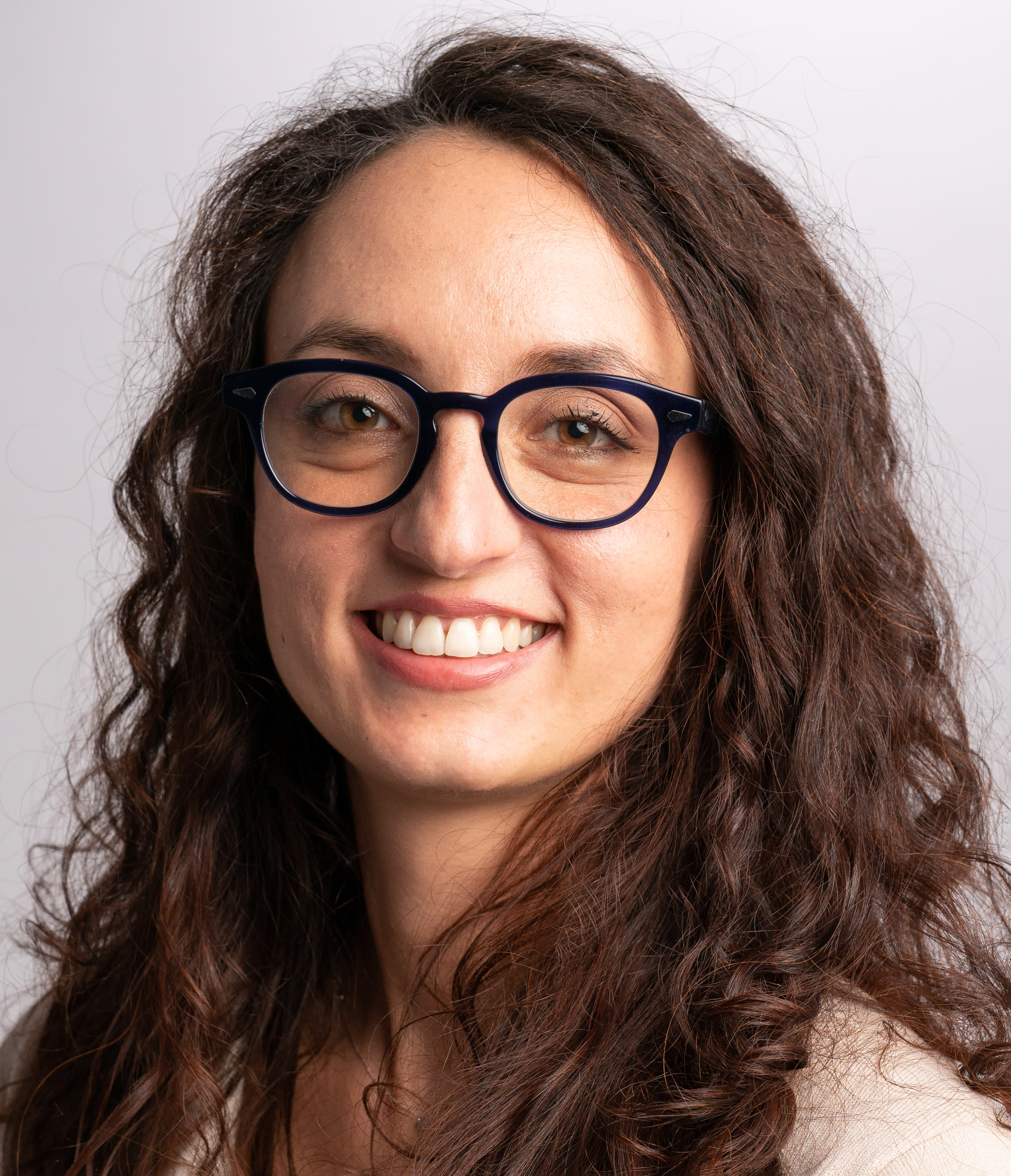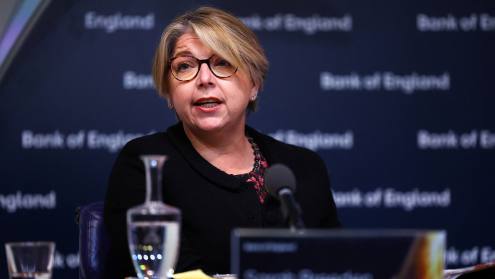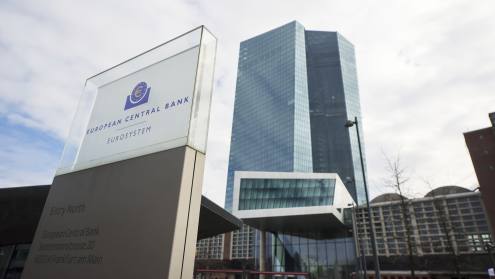The governor of Slovakia’s central bank, Peter Kažimír, was convicted of bribery on April 13 by the country’s special criminal court. The court sentenced Mr Kažimír to either serve two years in prison or pay €100,000. The prosecutor in the case appealed against the sentence, meaning it will go to a further trial. Mr Kažimír, a former Slovakian finance minister, has denied any wrongdoing.
It remains to be seen whether these events will affect the country’s economic and banking prospects. This year, its gross domestic product is expected to grow 1.3%, according to the International Monetary Fund.
In recent years, the country’s lenders improved their profitability thanks to strong retail credit growth. As a consequence, their loan-to-deposit ratio has grown for several years in a row. At the end of the third quarter of 2022, the figure stood at 117% compared to a 95.4% average in the euro area.
In 2021, Slovakia’s banking sector increased profits by 56%, though profitability remained below the EU median.
The Slovakian banking sector is concentrated in the hands of three major players (Slovenska sporitelna, VUB Banka and Tatra banka) who control 62% of total banking assets, according to a 2022 report by the European Banking Federation.
Most of the banks in Slovakia are controlled by foreign entities, mainly from the likes of Austria, Italy and Belgium.







